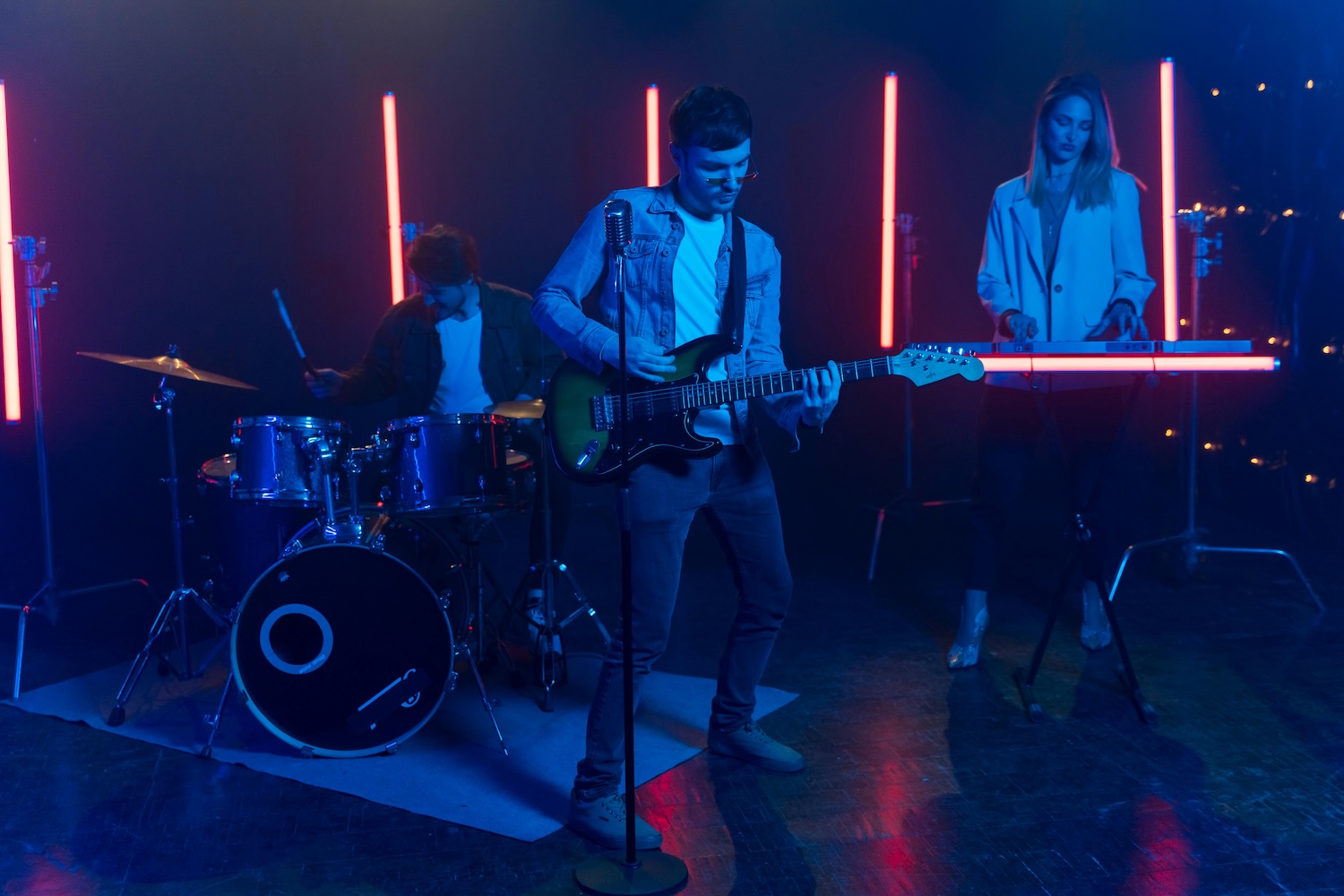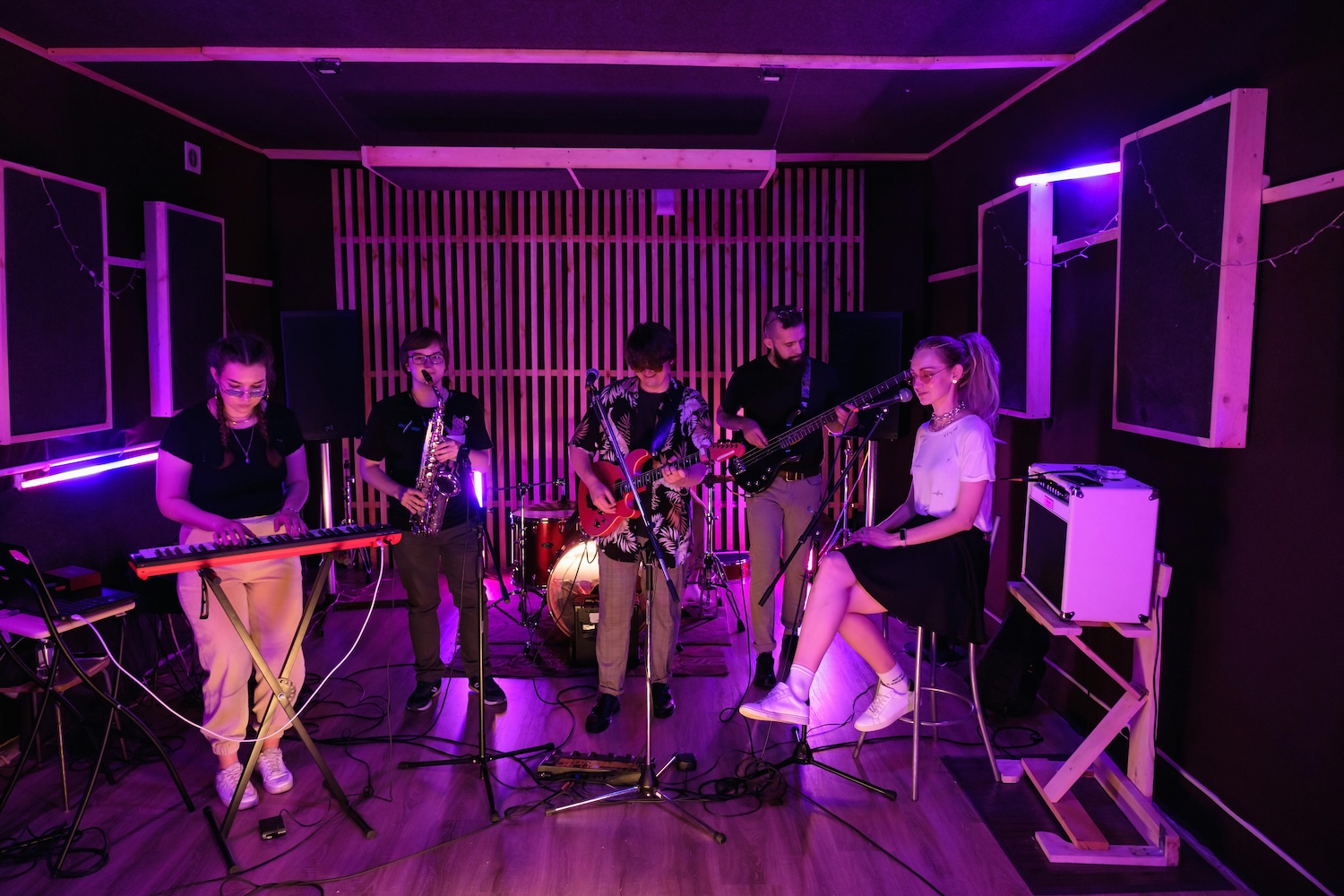Blog
Latest News

As a musician, you’re constantly faced with choices: Should you join that band that just asked you? Work with the producer who promises big things? Accept a gig with a smaller fee but better networking potential?

Every musician knows the feeling: you sit down with your instrument, but nothing comes out. No riffs, no lyrics, no spark. It can feel frustrating – especially when you’ve got ambitions, deadlines, or simply a burning desire to create.

When the pandemic hit, it became painfully clear how fragile a musician’s income really is. Venues closed, concerts were canceled, and thousands of musicians suddenly found themselves without work. As Hemmeth observed, many realized they were standing on just one leg – live income – and when that leg was cut away, there was nothing left to support them.

The music industry has changed dramatically over the last two decades. Where CDs and downloads once secured artists a living, streaming has now taken over. But the numbers don’t lie: artists on average receive only 12–15% of streaming revenues. That means millions of streams often translate into just a few euros – nowhere near enough to sustain a career.

For many young people, the music dream begins with passion, energy, and big ambitions. They spend countless hours practicing, writing songs, and playing shows for friends and family. But too often, they hit a reality that can take the wind out of their sails.

Spotify and Apple Music earn billions from music. But only a fraction reaches the musicians themselves. For most, streaming revenues turn into loose change, while the platforms take the cake.



